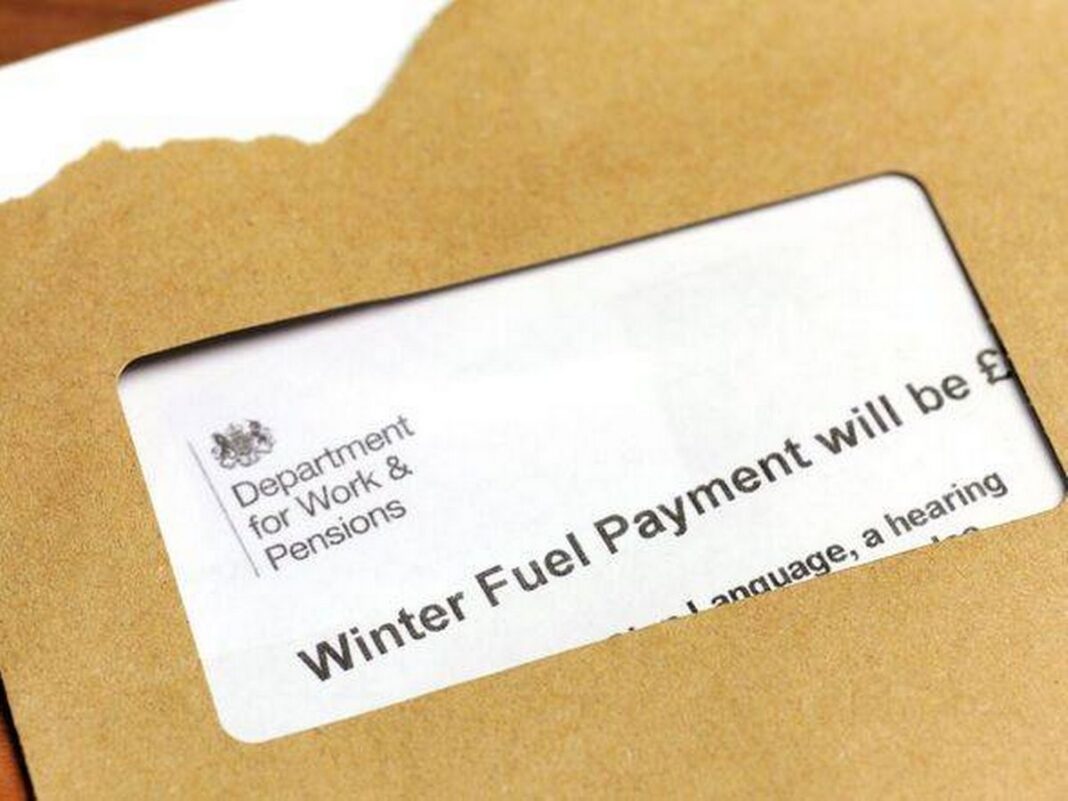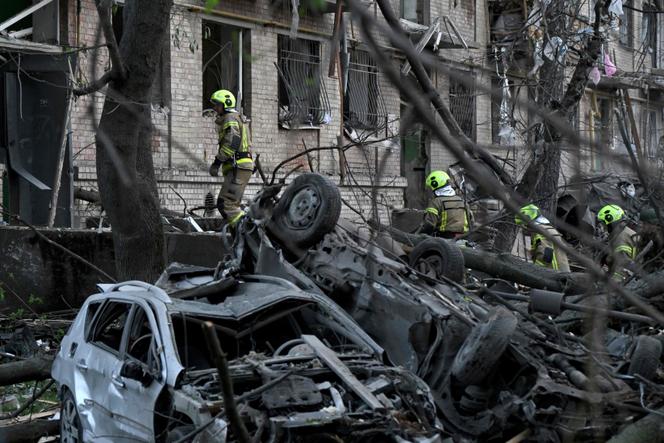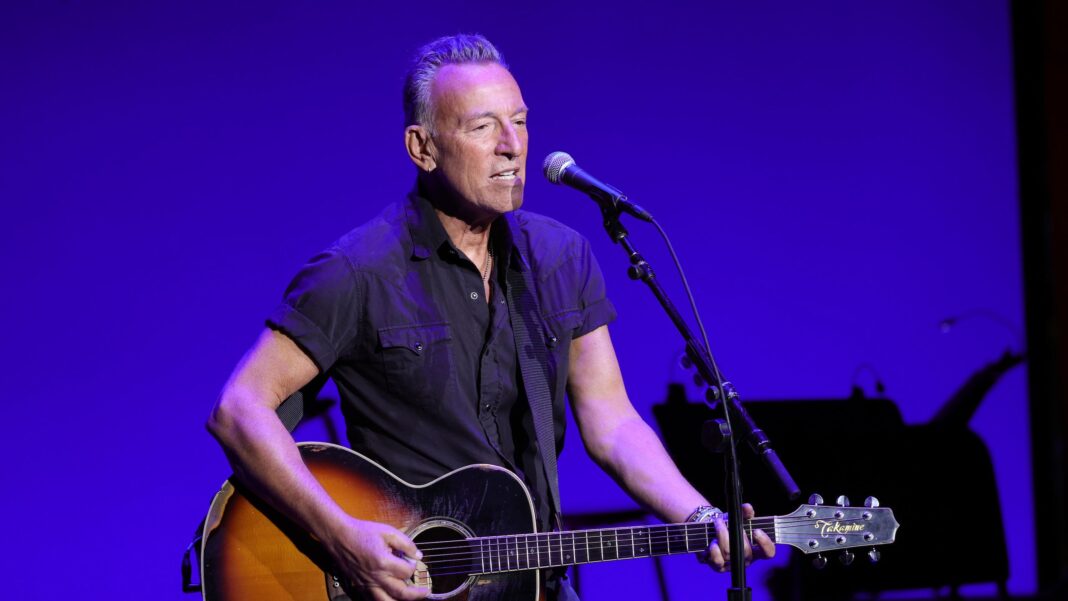Michael Race
Business reporter, BBC News
Chancellor Rachel Reeves has said the government “listened to people’s concerns” as she confirmed a major U-turn on winter fuel payments.
Nine million pensioners in England and Wales with an annual income of up to £35,000 will now receive the payment this year.
Worth up to £300 to help with energy bills during the coldest months, it was paid only to those on pension credit last year, meaning millions who had previously received it when it was universal lost out.
The policy was widely blamed for Labour’s poor local election results and its almost complete reversal comes ahead of the government’s Spending Review on Wednesday.
Confirmation of the new policy means three-quarters of people of state pension age will now qualify for the allowance.
“It will still be means-tested but at a higher level,” Reeves told broadcasters on Wednesday.
“Because of changes we’ve made and the stability we’ve brought back to the economy, we are able to increase that amount.”
The government said the increased threshold for those eligible for winter fuel payments meant “no lower or middle-income pensioners will miss out”.
Eligible households with a person under 80 automatically receive £200 a year in November or December, while homes with a person over 80 receive £300.
The payments are halved if one household has two pensioners living together. If one of them earns more than £35,000 and the other earns less than £35,000, the higher-income pensioner will not receive any payment and the lower-income pensioner will receive half the payment.
Pensioners above the £35,000 annual income threshold, which the Treasury said was “broadly in line with average earnings”, will have the payment automatically recovered or be able to opt out. This will apply to about two million people.
The policy U-turn, which will see the overwhelming majority of those who missed out on payments last winter receive them, will now cost some £1.25bn to taxpayers per year.
The original cut to universal winter fuel payments last year had been estimated to save £1.7bn.
Concerns had been raised among charities and some MPs over the government’s previous policy to stop payments to some nine million people, particularly around those whose income was slightly too high to qualify, but were hit by the loss of the payment as energy costs remained expensive.
The government said its new means-testing requirements would now save around £450m.
Reeves said it was right the government continued to means-test winter fuel payments so that is “targeted and fair, rather than restoring eligibility to everyone including the wealthiest”.
“But we have now acted to expand the eligibility of the winter fuel payment so no pensioner on a lower income will miss out,” she added.
The chancellor said she would set out how the £1.25bn policy would be paid for in the autumn Budget, but added “no-one should be in any doubt” about her commitment to stick to her self-imposed borrowing rules.
However, Conservative leader Kemi Badenoch said: “This humiliating U-turn will come as scant comfort to the pensioners forced to choose between heating and eating last winter.
“Keir Starmer has scrambled to clear up a mess of his own making,” she added. “The prime minister should now apologise for his terrible judgement.”
The government said no one would need to register with HMRC or take any further action to receive payments, and pensioners who want to opt out will be able to do so through a system set to be developed.
In Scotland, ministers have already outlined a different policy. Those in receipt of qualifying benefits like pension credit would get the payment as before, while others would get £100.
The funds – which are limited to one payment per household – will be paid through a new Scottish Parliament benefit, which will not be ready until late 2025.
The confirmation that more people will receive winter fuel payments this winter comes ahead of the government’s spending review, which will be announced on Wednesday.
The review will outline day-to-day departmental budgets over the next three years and investment budgets over the next four.
Whitehall insiders have told the BBC they expect it will be “ugly”.
Reeves’s position on ruling out borrowing for day-to-day spending and not raising taxes again has fuelled strong speculation that spending cuts will be made.





